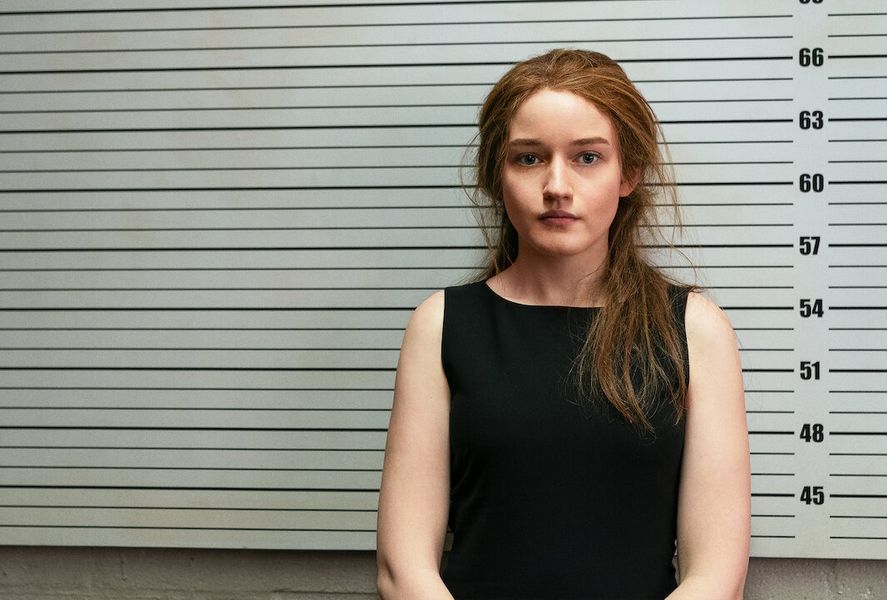Netflix has lost its battle to dismiss the Inventing Anna defamation lawsuit that began in 2022.
The plaintiff is former Vanity Fair employee Rachel DeLoache Williams, who Katie Lowes plays in the miniseries. She had been friends with fraudster Anna Sorokin – who Shonda Rhimes’ hit show is based on – and claimed that it distorted the truth, formally filing a lawsuit against Netflix for how they portrayed her.
In Inventing Anna, Williams was depicted as abandoning Sorokin in Morocco, and informing on her to the authorities. In her argument, Williams has brought forward 16 sets of statements from the show that she claims erroneously portray her as unethical and greedy.
Sorokin was born in the USSR, but between the years of 2013 and 2017 while living in New York, she became a member of the upper echelons of society by pretending to be the German heiress Anna Delvey. In those four years, she deceived a string of banks, hotels, financial institutions and individuals for $275,000. She was arrested in 2017 in a sting operation after being accused by Williams of defrauding her of $62,000.
In 2019, she was convicted in New York of attempted grand larceny in the second degree and theft of services, leading to four to 12 years in prison. After just two years, she was remanded by the US Immigration and Customs Agency for deportation to Germany. Then, in early October 2022, she was granted a $10,000 bail bond and released. From then onwards, she has been under 24-hour home arrest.
In their argument, Netflix has argued that Rhimes and the other creators of Inventing Anna have “literary license” when interpreting events. However, Chief Judge Colm F. Connolly rejected the argument, stating that some characterisations might constitute defamation.
In its defence, the streaming giant also maintained that the First Amendment protected Rhimes’ version of events. Their lawyer, Thomas E. Hanson, Jr., argued that content creators must be allowed “breathing space” to interpret the actions of those involved in a “public controversy” such as the one covered in Inventing Anna.
Hanson argued that Williams’ characterisation is an opinion and protected from claims of defamation. He also maintained that the depiction was not false and was, in fact, substantiated by Williams’ story. He also said that Williams was trying to “stifle” a version of events she does not like.
Williams asserts that the show is too sympathetic to Sorokin, with the audience made to root for her. She also claims in the suit that the show transforms her from a victim to a foil who used Sorokin for her money.
Making his latest ruling, Connolly did not go through all 16 statements but analysed two that involved the supposed abandonment of Sorokin in Morocco before her arrest. In the show, she is portrayed as drunk and at rock bottom and begs Williams not to leave, but the writer claims that the fraudster knew all along that she had to depart early, with this scene depicting her being distraught is fictional.
The judge asserted that it is about fact and not opinion. “As Williams alleges, the statements indicate that Williams’ abandoned Sorokin when Sorokin was alone, depressed and in trouble in Morocco,'” he wrote. “And whether Sorokin was in a troubled state and Williams left her at that point can be proven true or false.”
